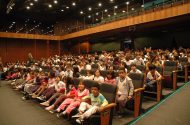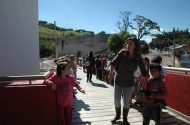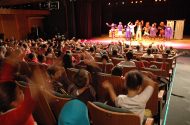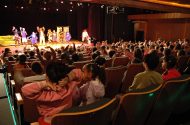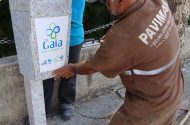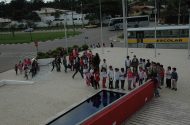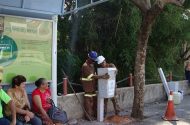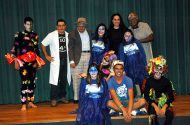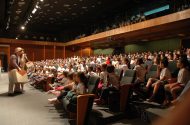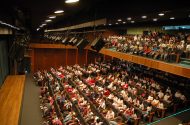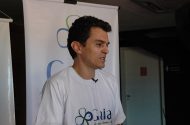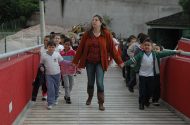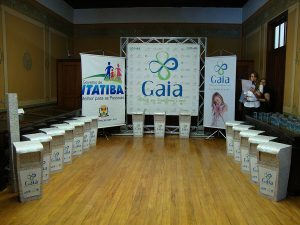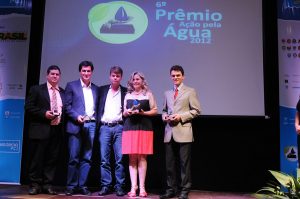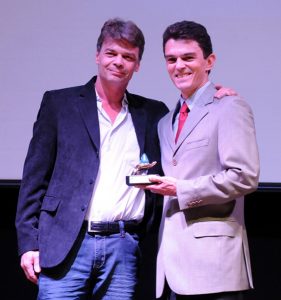The GAIA project
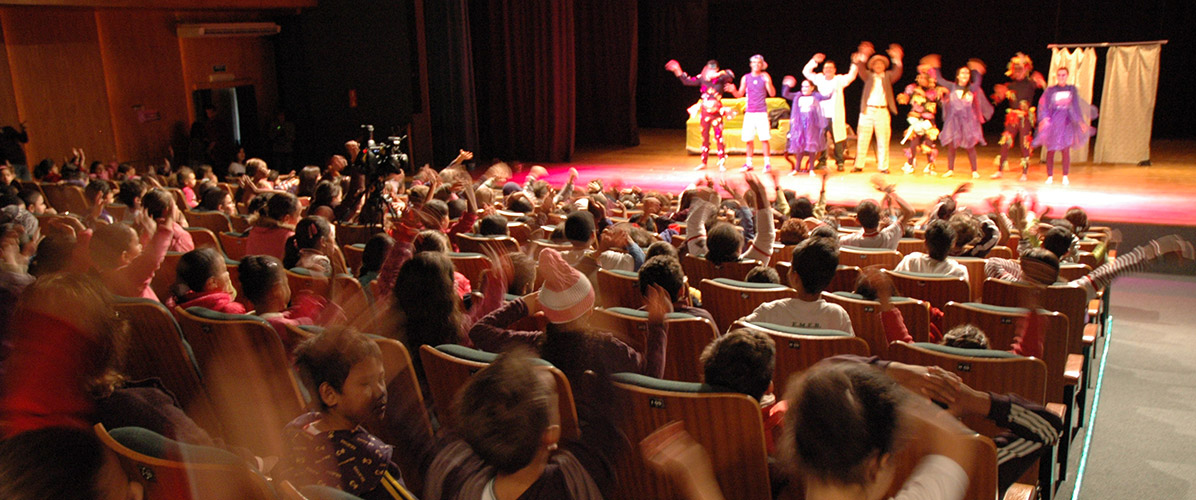


Attitude for environmental shift
In an urban context, a leakage of water is not only annoying because it disturbs the routine of many people, but mostly because it means the waste of a scarce resource. In the same context, the leakage of sewage is potentially harmful not only because of its danger for public health, but also and mainly due to the probable contamination of clean water sources, like rivers, lakes and water tables. Unfortunately, looking closely to the operation of sewage systems in Brazil, the leakages of sewage are much more frequent than it should be. It happens because of many variables, but one aspect emerges as common to all of Brazilian municipalities: the obstruction of sewage pipes by garbage.
Despite its high importance, Brazilian authorities have not been investing in public awareness campaigns dedicated to sewage collection and treatment. This government behavior can be verified by analysing the history of sanitation in Brazil: since the decade of 1970, the public supply of treated water haas been prioritized over other sanitation services. Maybe now, when most of Brazilian urban society is supplied with treated water, awareness campaigns dedicated to sewage systems might be held more consistently.
Striving to improve this scenario, in 2012 I designed and coordinated the “GAIA project: attitude for environmental shift”, aiming to call citizens for a collective change on the way we use public sewage systems. For this objective, I decided to focus the target audience on primary students, since children are active-behavior-change agents within their families. My daughter Hanah Julia was my most compelling motivation for this belief.
As a child, my daughter had a strong agency on the routine of our family, mostly when me and my wife did not correspond to her concept of environmentally-friendly attitudes. Also, considering how excited she and her colleagues came back home after attending to theater sections, I concluded that the artistic language would be the most effective way to transmit a message and to construct a behavioral shift. Using theater, it was possible to visualize the (in)adequate actions regarding the sewage collection system, and thus the welcome change would come naturally and also pleasantly. Simultaneously it would be possible to promote local artists and artistic producers.
However, I still had a gap to fill: the city of Itatiba, where the trial version of the GAIA project would take place, had only a few dumpsters in downtown, where most of students and their families used to circulate every day. It would not be enough to invite all those children to change their behavior, and to lead their relatives on the same direction, if the city where they lived was not acceptably prepared for this change. How to do so?
A creative solution came up on the Internet. Doing some research about environmental education projects conducted on the local river basins, I found a company that fabricated trash cans using recycled toothpaste tubes. That solution was perfect for my goals: cheap, original and environmentally friendly.
Thus, establishing a partnership between the sanitation company, the municipal administration, a public transport provider and a local theater company, the GAIA project was successfully implemented at the city of Itatiba. For three months, more than 6 thousand children from public schools attended the play at the Ralino Zambotto Municipal Theater. The script was about a family that had serious problems because of several inadequate habits they were used to: disposing trash and objects in the toilet, disposing cooking oil in the sink, conducting rainwater into the sewage system and throwing all kinds of packages and garbage on the streets. At the same time as the play was performed, the municipality installed 60 recycled bins in several corners in downtown, using the GAIA Project logo to promote them.
Project goals
The main objective of the GAIA project was to alert for the necessity of changing inadequate habits regarding the use of sewage system. For a continuous flow, the sewage collection system depends on the collective adequate behavior, mostly avoiding disposing objects on sinks, toilets and on the streets.
First target audience
Students in primary school and, through them, also their relatives.
Achievements
Besides the fact that the GAIA project was widely welcomed by society, in 2013 it was awarded with the title of “Third Best Action for Water” during the 6th edition of the “Action for Water Award”, organized by the local water basin committee.

